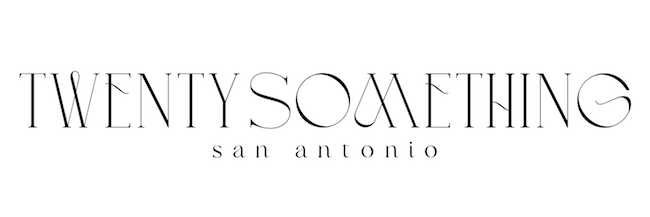If you’re already immersed in the music scene and want to shift your focus toward creating and enjoying music professionally, why not launch your own business? Even if you don’t feel confident in your voice or instrumental skills, there are plenty of other paths you can explore within the industry.
All you need is a passion for music! With that, you can build a business and potentially turn it into a profitable venture. Here are three business ideas for music enthusiasts to consider.
Become a Producer
Music producers can make hundreds of thousands off of the songs they mix. If you’ve got skill in mixing tracks, pitching volume, and ensuring an artist’s vision properly comes to life, you could have a very profitable future.
Get started on producing small tracks of your own and sharing these, and then work with fellow small singers and bands. You could end up securing some very good contracts, and the more notoriety your tracks get, the more likely you are to become a celebrated name. In order to become a successful producer you’ll want to brush up on your own music skills. In this case, consider taking online music lessons to help you get better at your instrument of choice. The best part is that you can improve your skills from the comfort of your own home.
Build and Sell High Quality, Handcrafted Instruments
Skilled with your hands? You might have a future as an instrument maker. Handcrafted, high-quality instruments carry a unique charm and timeless appeal. When you master the art of crafting a violin or guitar, musicians will appreciate the care and craftsmanship behind your work.
You can learn your craft early on from institutions like the guitar craft academy, but much of your learning will come from hands-on experience, creating instruments from scratch. Get feedback from your musician friends—if they love your work and want to use it, it might be time to launch a website and introduce your brand to the world.
Promote Local Acts
Music promoters may not always be in the spotlight, but they play a crucial role in an artist’s path to success. Without someone to book shows, artists are left to either find venues on their own or miss out on performing altogether.
If you have a good ear and can tell what sounds great, you could become a top promoter in your area. You don’t need to be a music expert, but you do need the ability to spot unique talent.
Every big artist started small, playing local gigs that didn’t pay much. If you can identify potential early, your reputation will grow, and venues will look to you to discover the next big thing.
Being passionate about music doesn’t mean you have to be a musician—careers like these are excellent ways for music lovers to turn their passion into profit.
